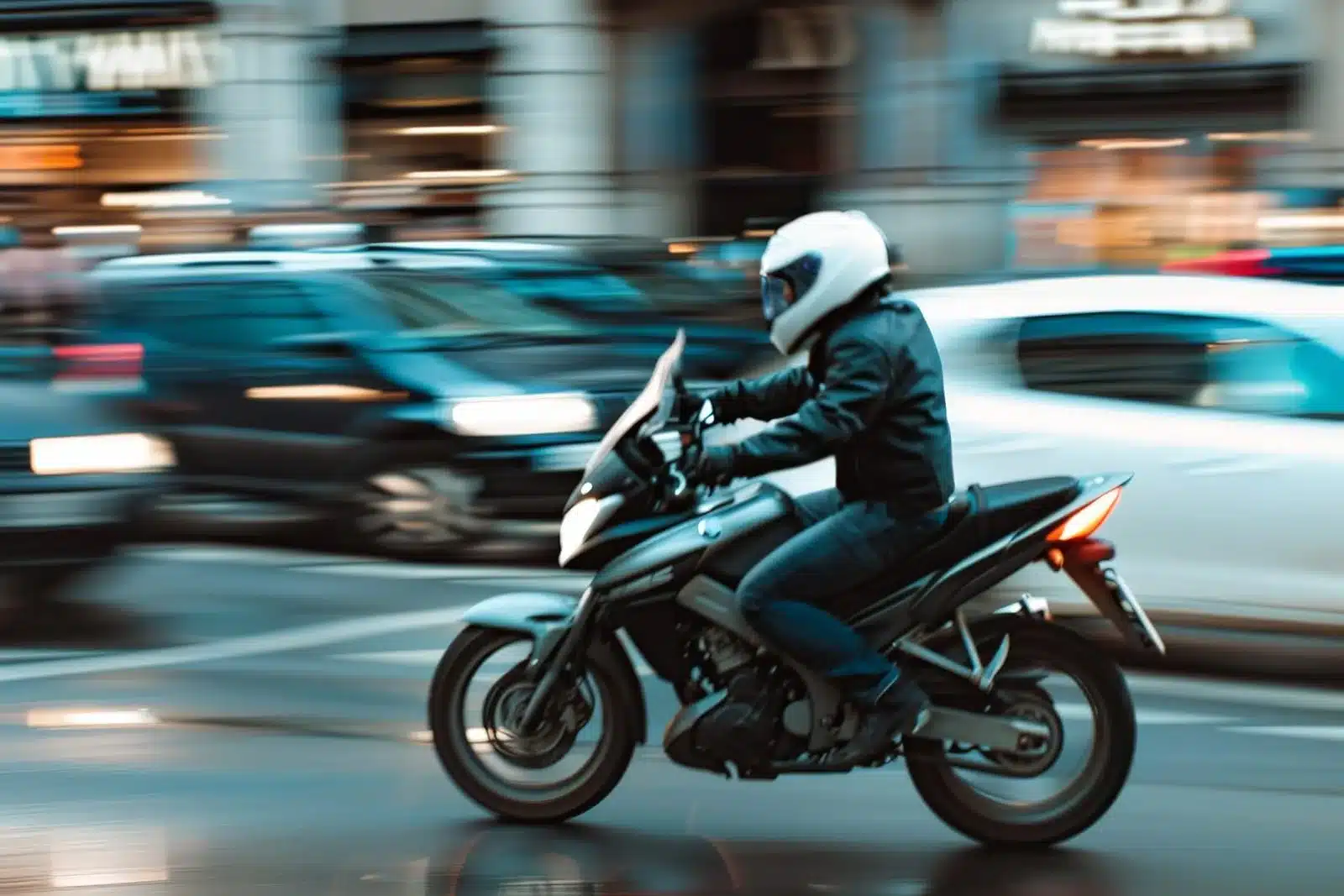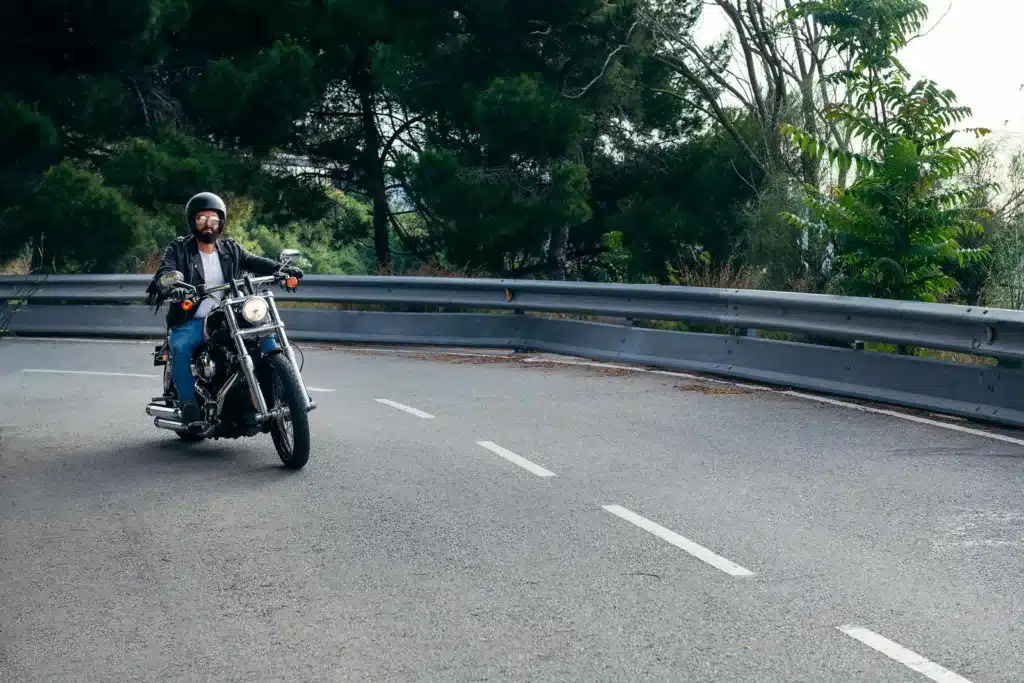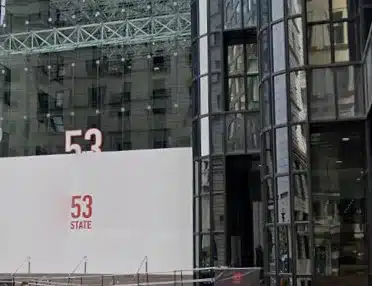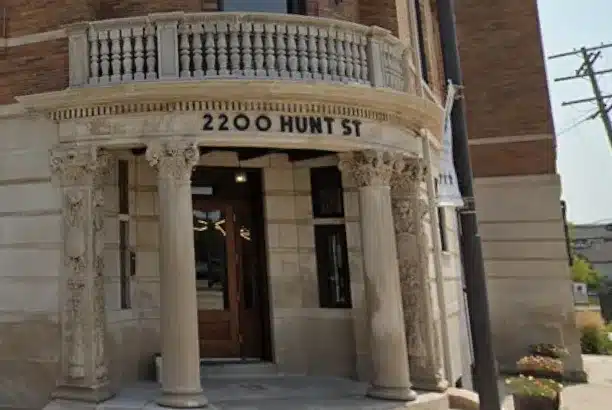Is Lane Splitting Legal in Florida?
Lane splitting is a common but controversial topic among motorcycle riders and drivers of all types of vehicles alike. While some states have specific laws permitting lane splitting, others strictly prohibit it. In Florida, the legality of lane splitting is often questioned by motorcyclists seeking to navigate heavy traffic more efficiently.
Lane splitting involves a motorcyclist riding between two lanes of vehicles, typically when traffic is slow or stopped. This practice is distinct from lane filtering, which generally refers to motorcycles moving to the front of traffic at a stoplight or in very slow-moving traffic conditions. Understanding these definitions is crucial when discussing their legality.
Is Lane Splitting the Same as Lane Filtering?
While the two terms are often used interchangeably, they refer to different riding behaviors. Lane splitting involves riding between lanes of moving or slow-moving traffic, usually at higher speeds. Lane filtering, on the other hand, typically occurs at lower speeds and is most commonly seen when a motorcyclist moves between stopped vehicles to reach the front of the line at a red light.
Understanding the difference matters because the safety concerns, legal treatment, and public perception of each can vary. Some states that prohibit lane splitting may be more lenient toward lane filtering, especially in urban areas with heavy congestion.
Devonte Davis
Love this law firm! Geena has been absolutely amazing in helping me through deposition processes. She goes out of her way to make people feel comfortable in uncertain situations!
Is Lane Filtering Legal in Florida?
No, lane filtering is also illegal in Florida. Florida law, under Statute 316.209, prohibits any form of maneuvering a motorcycle between lanes of traffic or rows of vehicles, regardless of whether the traffic is stopped or moving. This means that even slowly filtering forward at a red light could result in a traffic citation.
While advocates argue that lane filtering could reduce rear-end collisions and improve traffic flow, Florida currently does not recognize any distinction in the law and treats both lane splitting and lane filtering as prohibited behaviors.
Florida’s stance on lane splitting, and lane filtering, aligns with many other states that also prohibit the practice in an effort to prioritize safety and reduce the risk of accidents that can occur when motorcycles maneuver between larger vehicles.
Why is Lane Splitting Illegal in Florida?
The laws prohibiting lane splitting in Florida are based on safety concerns. The key reasons include:
- Increased Risk of Accidents: Lane splitting can increase the risk of collisions between motorcycles and other vehicles. Drivers may not expect a motorcycle to pass them between lanes which can lead to sudden and dangerous interactions.
- Reduced Reaction Time: When motorcycles split lanes, both riders and drivers have less time to react to unexpected movements. This reduced reaction time can result in accidents, particularly in heavy traffic where vehicles are in close proximity.
- Limited Visibility: Motorcycles are less visible when they ride between lanes. Other drivers might not see a motorcycle approaching, especially in blind spots, increasing the likelihood of accidents.
Understanding these safety concerns can help explain why Florida maintains strict regulations against lane splitting. By adhering to these laws, motorcyclists can help reduce their risk of accidents and contribute to safer roads for everyone.
Why is Lane Splitting So Controversial?
Despite being illegal in Florida, lane splitting remains a topic of debate. Proponents argue that when done safely, lane splitting can reduce traffic congestion and lower the risk of rear-end collisions for motorcyclists. They point to studies from places like California, where lane splitting is legal under certain conditions, suggesting that it can be safe and beneficial.
California is the only state in the U.S. that explicitly allows lane splitting. The California Highway Patrol (CHP) provides guidelines to ensure that it is done safely, such as advising motorcyclists to avoid splitting lanes at high speeds and to be particularly cautious around larger vehicles. Studies from California have shown that lane splitting, when done responsibly, can be safer for motorcyclists than sitting in traffic.
What are the Risks and Legal Implications of Lane Splitting in Florida?
While some studies suggest that there are benefits, the risks associated with lane splitting cannot be ignored. In states where it is illegal, engaging in lane splitting can result in legal consequences, including:
- Traffic Citations and Fines: Motorcyclists caught lane splitting can receive tickets and fines.
- Liability in Accidents: If an accident occurs while lane splitting, the motorcyclist may be held liable for damages, impacting their insurance rates and legal standing as a driver.
- Increased Insurance Premiums: Violations and accidents related to lane splitting can lead to higher insurance premiums for motorcyclists.
Understanding these risks and legal implications illustrates the importance of adhering to Florida’s regulations on lane splitting. By following the law, motorcyclists can avoid these potential pitfalls and contribute to safer driving practices.
What to Do if You Get in a Motorcycle Accident in Florida?
Motorcycle accidents can be traumatic, life-altering events. Given the high risk of severe injuries in these accidents, knowing what to do afterwards, and knowing how an attorney can help, is crucial.
If you are in a motorcycle accident, reaching out to an attorney can significantly influence the outcome of your case. Here’s how a legal professional can help:
- Investigation and Evidence Gathering: An attorney will conduct a thorough investigation to gather critical evidence such as police reports, witness statements, retaining experts, and obtaining any available video footage. This evidence is vital in building a strong case.
- Navigating Insurance Claims: Insurance companies often aim to minimize payouts. An experienced attorney can handle communications with insurance companies, ensuring that you receive fair compensation for your injuries and damages.
- Determining Liability: Motorcycle accidents can involve complex liability issues. Your attorney will work to identify all liable parties, including other drivers, vehicle manufacturers, or even government entities responsible for road maintenance.
- Legal Representation: Should your case go to court, having an attorney represent you ensures that your rights are protected and that you have a professional advocating for your best interests.
- Securing Compensation: An attorney will strive to secure compensation for medical expenses, lost wages, pain and suffering, and any other damages you have incurred due to the accident.
Hiring an attorney can alleviate much of the stress and uncertainty that follows a motorcycle accident, allowing you to focus on your recovery.
Let RTRLAW Help with Your Legal Struggles
In Florida, motorcyclists should adhere to state laws and avoid lane splitting to ensure their safety and the safety of others on the road. Understanding and respecting traffic regulations is crucial for preventing accidents and avoiding legal issues; however, if an accident occurs, trying to navigate the complexity of the law is not something you should try to do alone.
At RTRLAW, we are committed to helping motorcyclists and protecting their rights. If you have any legal questions or need assistance following a motorcycle accident, contact us today for a free, no-obligation consultation at 1-833-HIRE-RTR. We are here to provide the support and representation you need.
Revision History:
- Feb 12, 2026 at 3:33 pm by Lance Rudzinski (displayed above)
- Jan 13, 2026 at 6:58 am by victor


 CALL US NOW
CALL US NOW TEXT US NOW
TEXT US NOW































